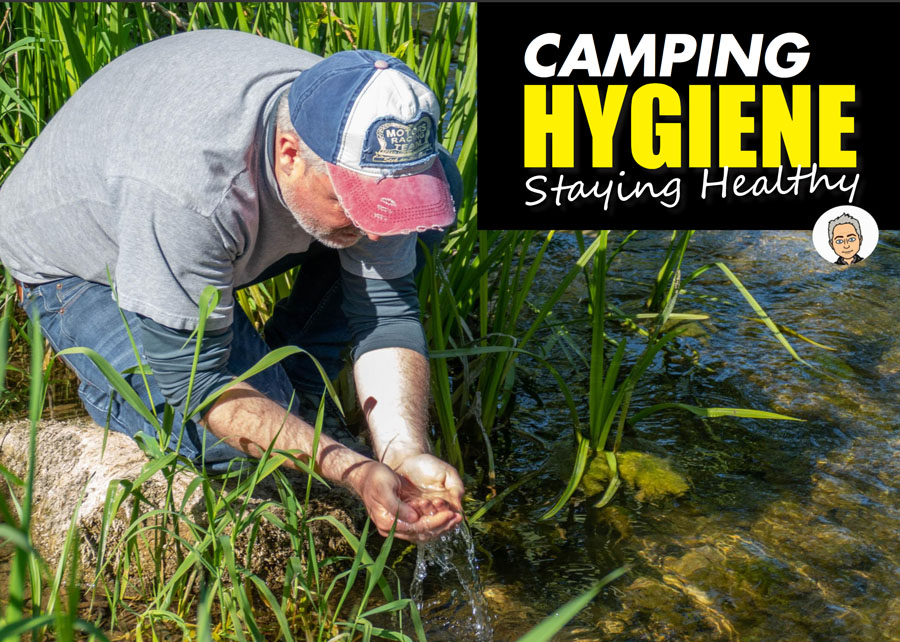 Well, we have all suffered through this new reality that is Covid-19 and the world is a changed place and it seems like it will remain so for some time to come.
Well, we have all suffered through this new reality that is Covid-19 and the world is a changed place and it seems like it will remain so for some time to come.
And while camping hygiene has always been an important aspect of a camping and touring lifestyle , now, more than ever this is an essential consideration when enjoying an outdoor lifestyle.
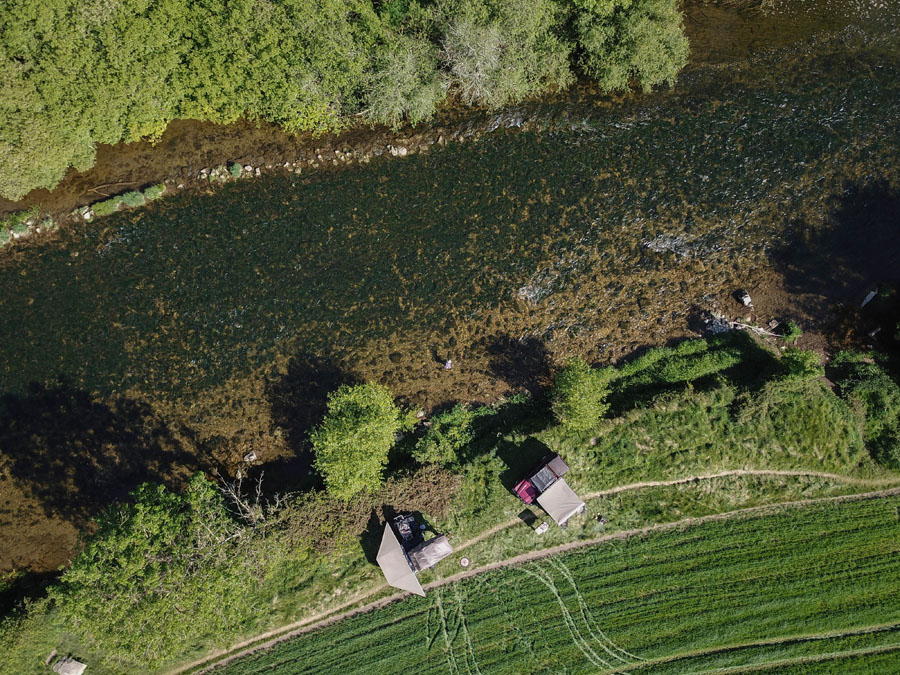
As we now begin to plan our future adventures and as we see that camping holidays are probably going to be the preferred type of vacation for lots of people, at least for a while, we decided to share some tips and guidance on personal and camp hygiene while enjoying the great outdoors.
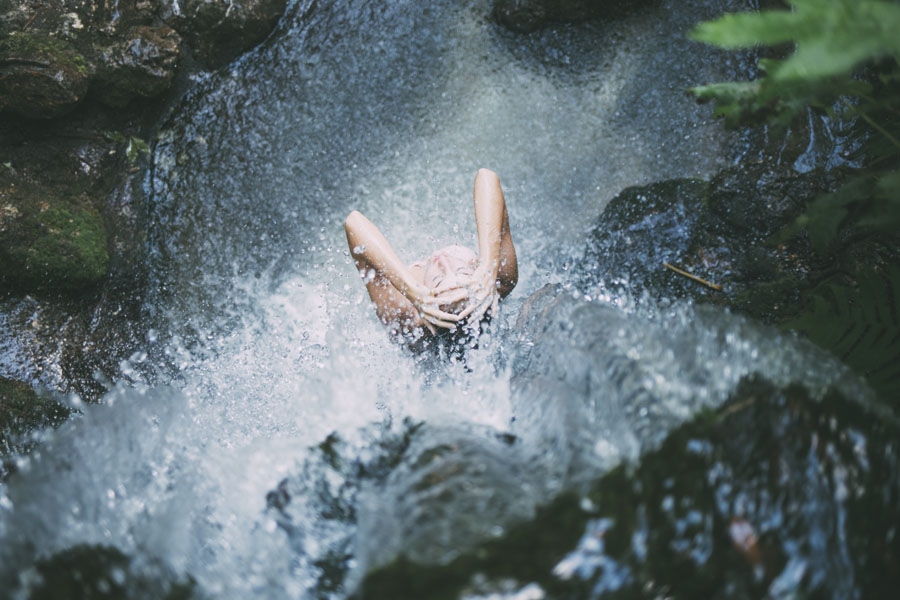
Hand Sanitiser
This is a bit of a no-brainer, and is an essential part of any camping trip. While we have recently seen a huge spike in demand around the world for hand sanitizer, it has finally started to become widely available in shops around the world again. This clear gel contains a concentration of ethyl alcohol that kills germs (and viruses) on contact , just add a drop to your palm and rub your hands together, ensuring that you clean in all the crevices and folds of your skin as well as your fingertips and fingernails, wait 20 seconds or so for the gel to evaporate and you are good to go. Hand sanitiser is essential for any camping trip , especially if using soap and water is not convenient or perhaps not possible. You can also use hand sanitiser to disinfect eating utensils.
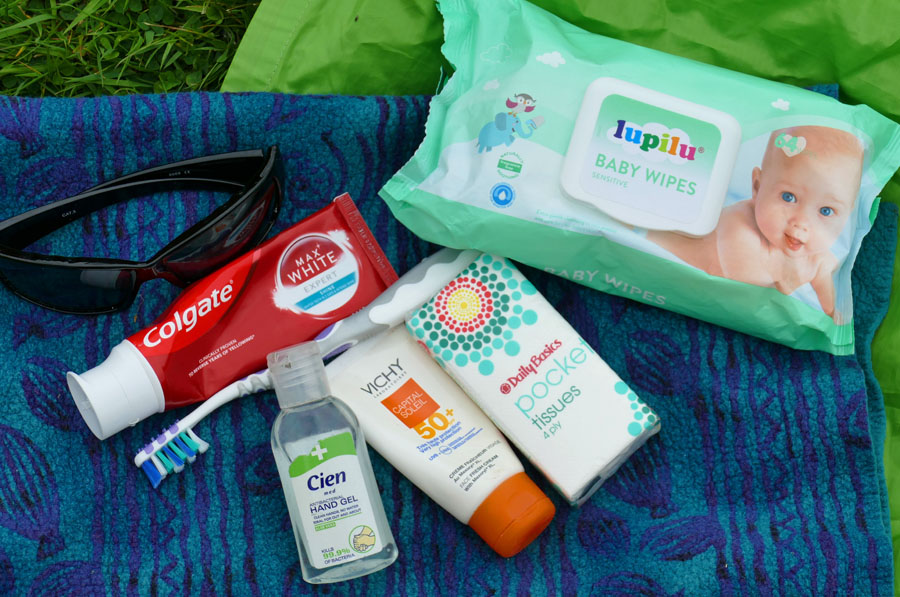
Soap
If you are using soap , use Biodegradable Soap to Preserve the Environment. When you wash your hands at home the soap goes down the drain, but it is usually treated by a municipal facility to ensure that the phosphates and other chemicals contained in soap do not enter the local eco system of lakes and streams. If you use a non-biodegradable soap when camping, you are polluting the water and your actions could promote unwanted algal blooms in waterways. Even when using biodegradable soap, Leave No Trace guidelines assert that you should keep it 200 feet from any water.
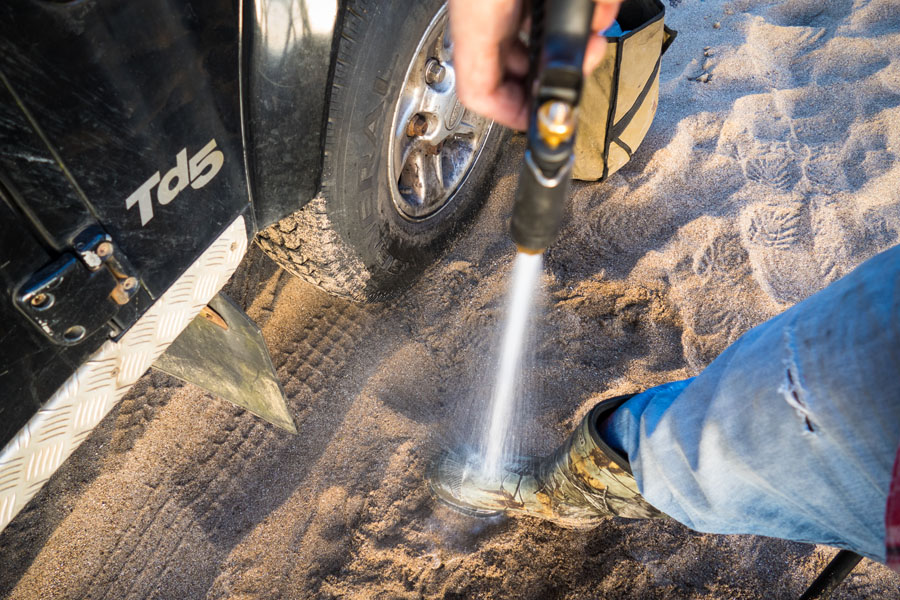
Deodorant , perfume and aftershave.
Sweet smelling beauty and hygiene products can attract insects, and depending on where you live, can also attract bears and other visitors that you may not wish to welcome to your campsite. Regular washing in rivers or streams or with baby wipes should be sufficient to keep your natural fragrance from becoming unpleasant. If you do need to use deodorant for some reason, try to buy unscented products.
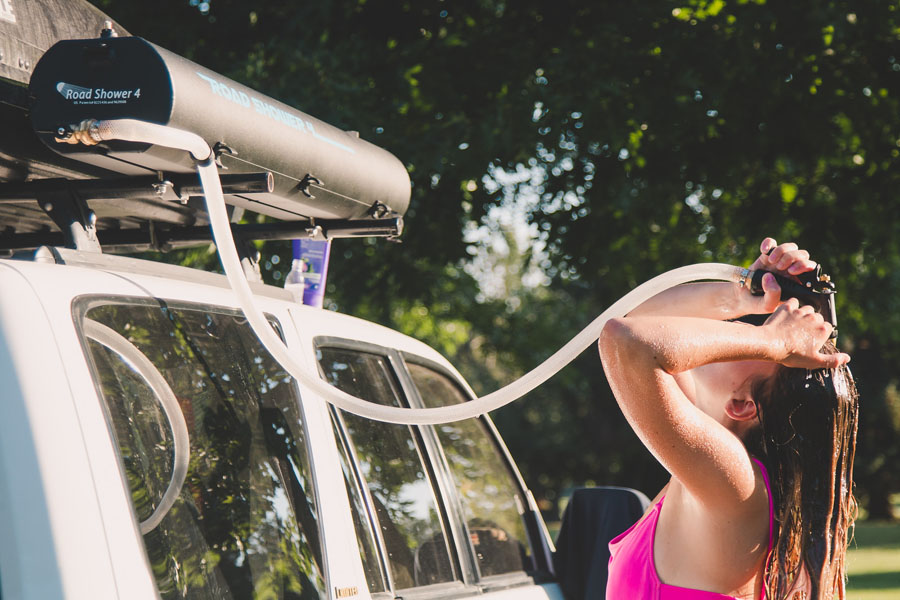
Go Jump in a lake
A cool swim on a hot day can be very refreshing , it also allows you to clean any actual dirt or grime from your body. But be mindful of others, and don’t swim where others are trying to collect water or to fish, and again, don’t use any soap or use only biodegradable soap. If you are travelling in your 4WD you might be lucky enough to have a pressurised road shower or a battery powered shower to freshen up at the end of the day, if not you can clean yourself with a big sponge and a few litres of water (and some biodegradable soap).
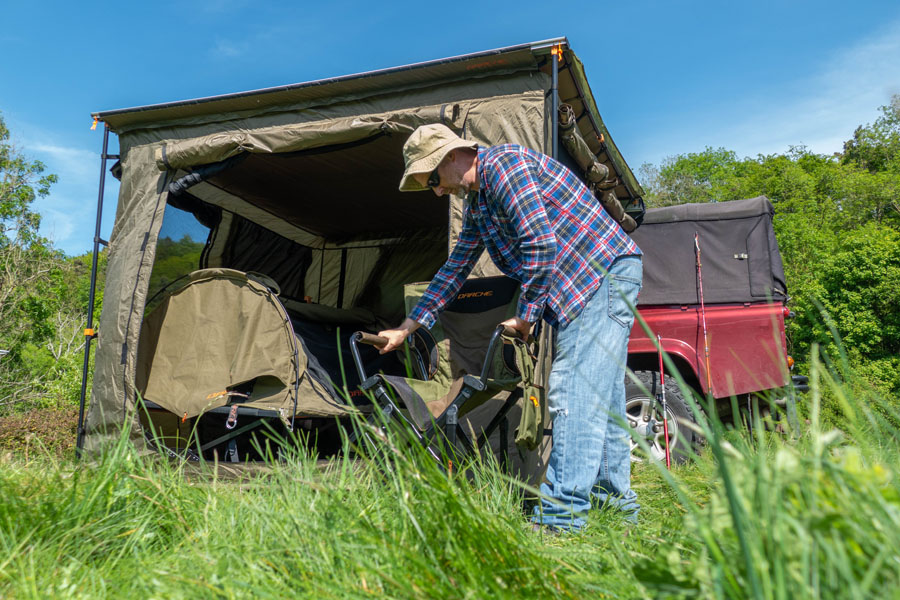
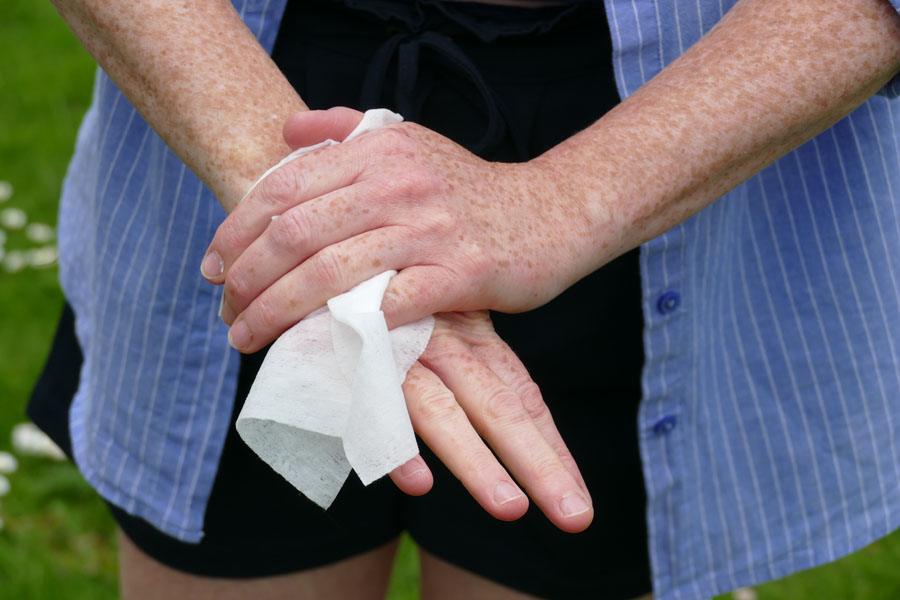
Baby wipes can be a good way of freshening up if your supply of water is limited, but if you choose to use baby wipes or moist towelettes it is imperative that you bin them and dispose of them properly or pack them back out with you, as they are not biodegradable and can be very harmful to nature.
You should try to change your clothes every evening, especially if you have been sweating during the day. If you don’t change when you get to camp, you should try to change into clean dry clothes before you get into your sleeping bag, which will help to keep your sleeping bag clean (sleeping bag liners are also a good way of keeping your bag clean and are easier to keep clean than sleeping bags).
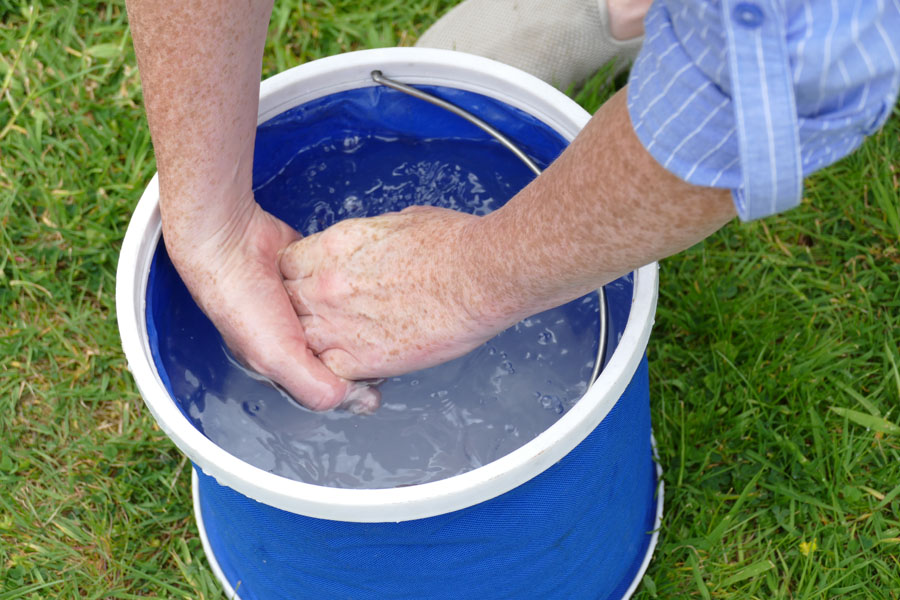
If you are on a multi-day trip with limited supply of clothing, try to rotate your outfits, washing clothes every other day(with biodegradable soap) so that you always have a supply of clean clothes.
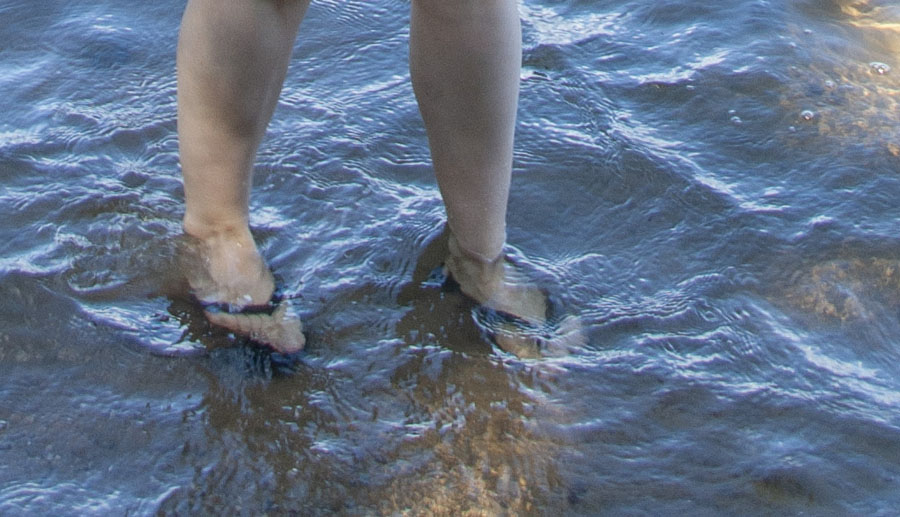
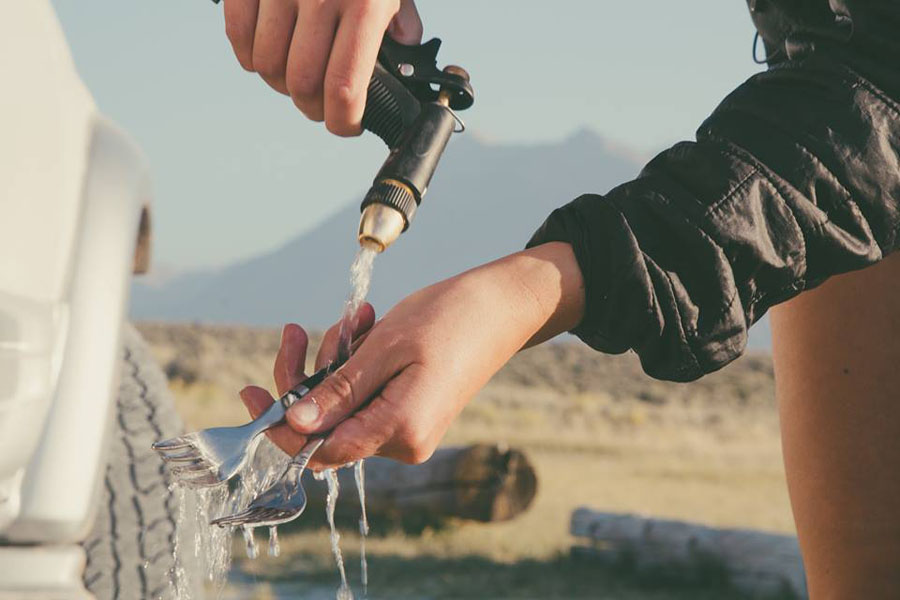
How to use the bathroom.
The most luxurious solution is to bring a camping toilet, these toilets can be lightweight and pack away neatly, they are mainly of use for RV campers, car campers and overland campers/ If using camping toilets you must store your own waste and dispose of it properly the next time you reach a suitable facility at a campsite.Other ways to go include burying your waste or packing it out with you. Learn more at Leave no Trace

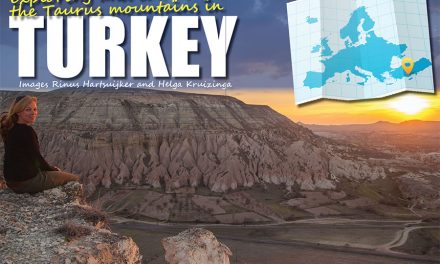
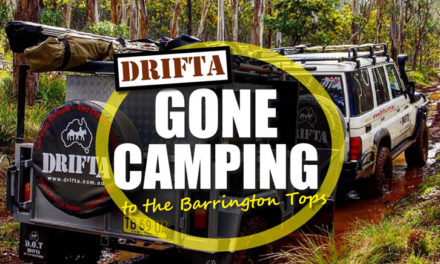
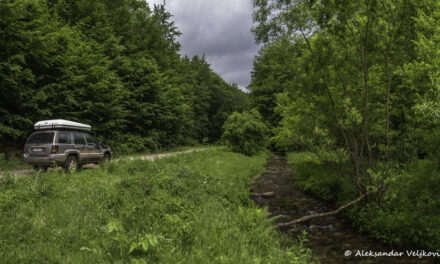
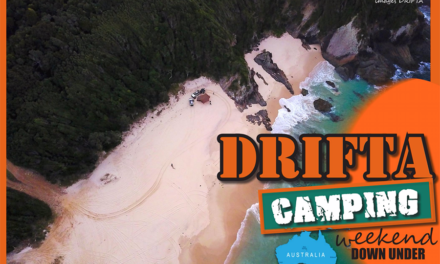
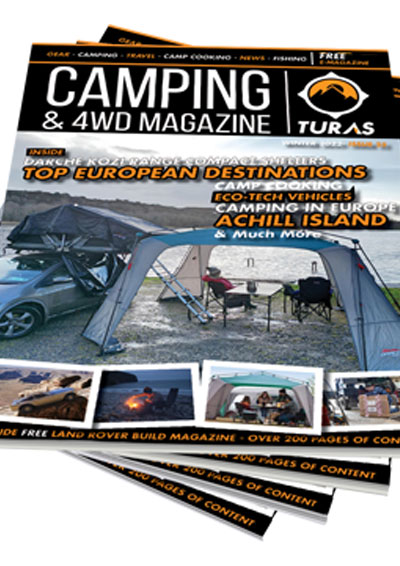

Recent Comments